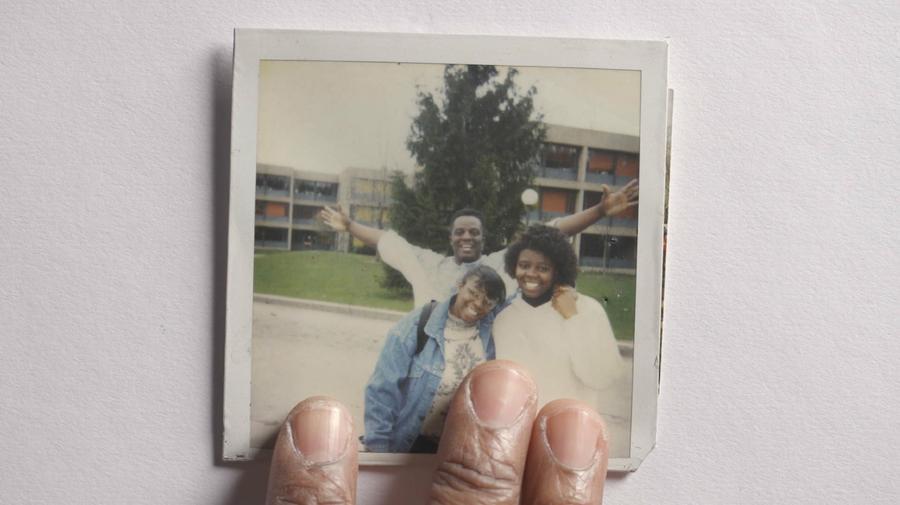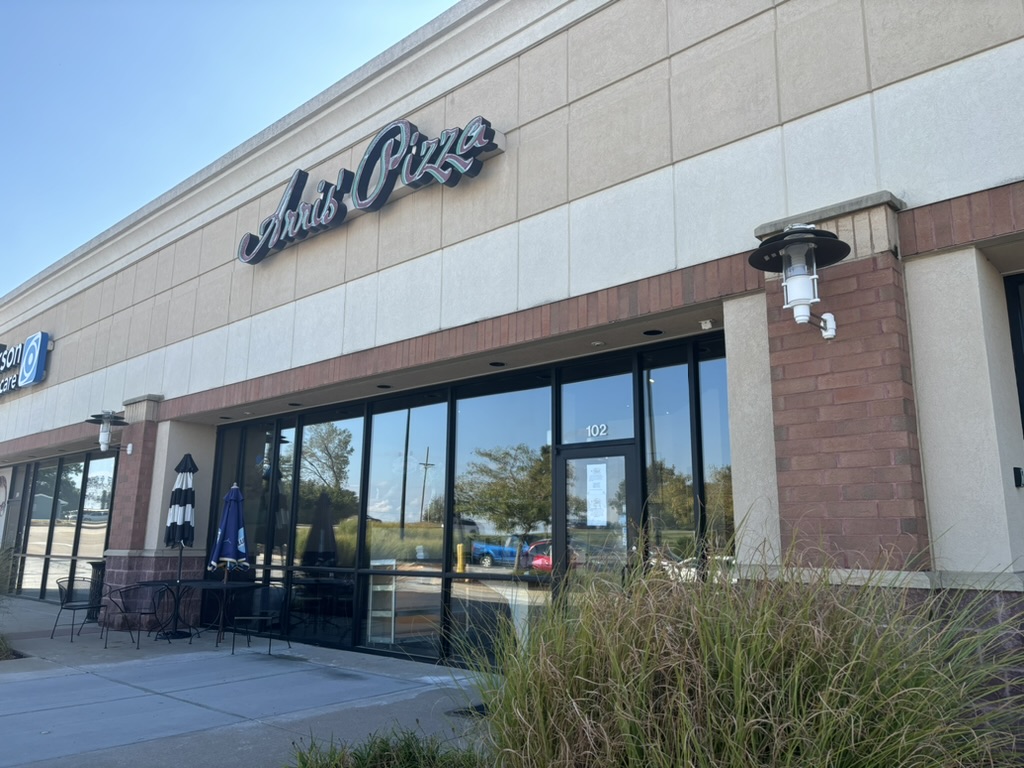_CORRECTION: A previous version of this article misstated the name of Barbara Dunmore Ford. The article also included a misinterpreted quote. When Barbara said “They weren’t wealthy. Their wealth was that they were white,” she was referring to people in her home of Charleston, South Carolina. A previous version of this article also stated the majority of sources featured in the film are Yance Ford’s family members. The majority of people interviewed in the film are not family members. Another quote, “Your death may be the actual death of our family,” was misattributed. Yance Ford said this. MOVE Magazine regrets these errors._
In a moving film commenting on racial tensions in the ’80s, director Yance Ford explores the struggle he and his family experienced following the homicide of his older brother, William Ford, Jr.
“[_Strong Island_] is not an easy film,” Yance Ford said before the screening. “It is meant to challenge you, meant to provoke you to ask many different questions.”
The film is set in a predominantly black neighborhood in Long Island, New York. One of the major themes present in the film was the unofficial segregation that was present in the region. Their mother, Barbara Dunmore Ford, discussed the makeup of Long Island at the time: Neighborhoods were often divided by race, which created an environment of separation.
The film itself is mainly composed of clips of family memories. Yance uses their anecdotes, along with old family pictures and videos, to establish a feeling of not only sympathy, but also anger. This works to supplement the impact of the film. Yance avoids relying on statistics and telling the story from a distance; he instead plays to the emotions of the audience.
“Your death may be the death of our family,” Yance in a voiceover at the end of the film, referring to the death of his brother. Intimate and emotional quotes, such as these, prompt empathy from the viewers.
The movie works through the actual homicide itself along with the tricky legal process that followed. The frustrating relationship between the family and the legal system is portrayed through moving testimonies and snippets of hopeful phone calls made to various legal figures in a search of closure.
While the most obvious storyline present is the murder, the various insecurities and struggles found in the Ford family are also explored. The film also ties in familial guilt, manifested mostly in Barbara and Yance. There are conflicts of sexuality, health problems and the unraveling of the family.
_Strong Island_ also deals with the issue of race relations, which seems to often be at the forefront of the world we live in. However, the use of personal anecdotes as windows into the raw emotional state of the family provides more depth, allowing for a deeper impact. In one clip, Yance calls a legal figure in order to get answers. After the call, he sits still in his chair and immediately begins to violently sob. The screen cuts to black, with the sounds of the sobs growing louder and harsher.
And while the overall feel of the movie is dark, to say the least, the quirky personalities of those interviewed shines through. The clips of optimism and strength are what make the audience hopeful for the future of the family.
“If it feels funny, laugh,” Yance said in a message to the audience before the showing of the film. “Laugh, or you might not make it through the film.”
**MOVE gives _Strong Island_ 4.5 out of 5 stars**








